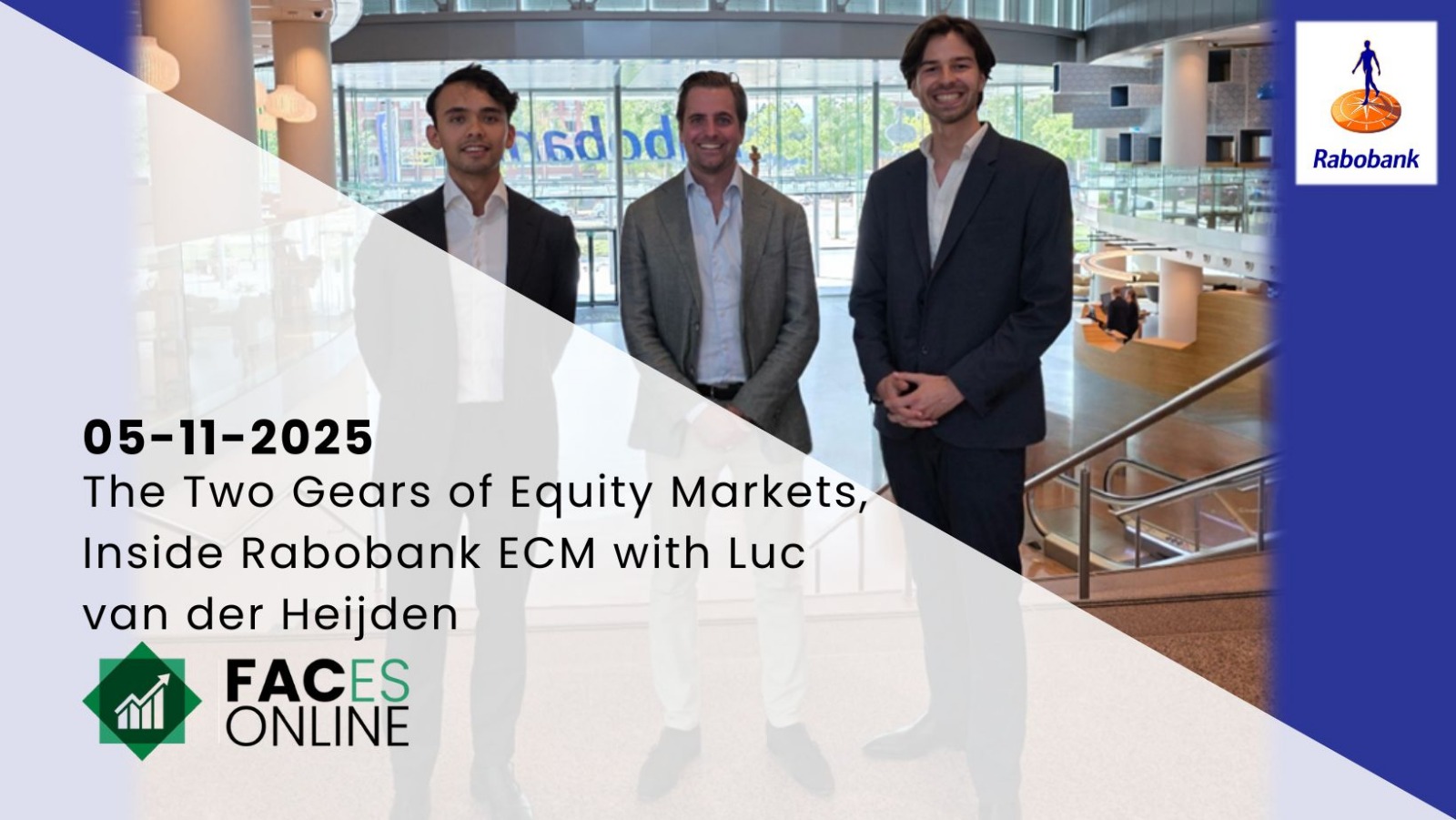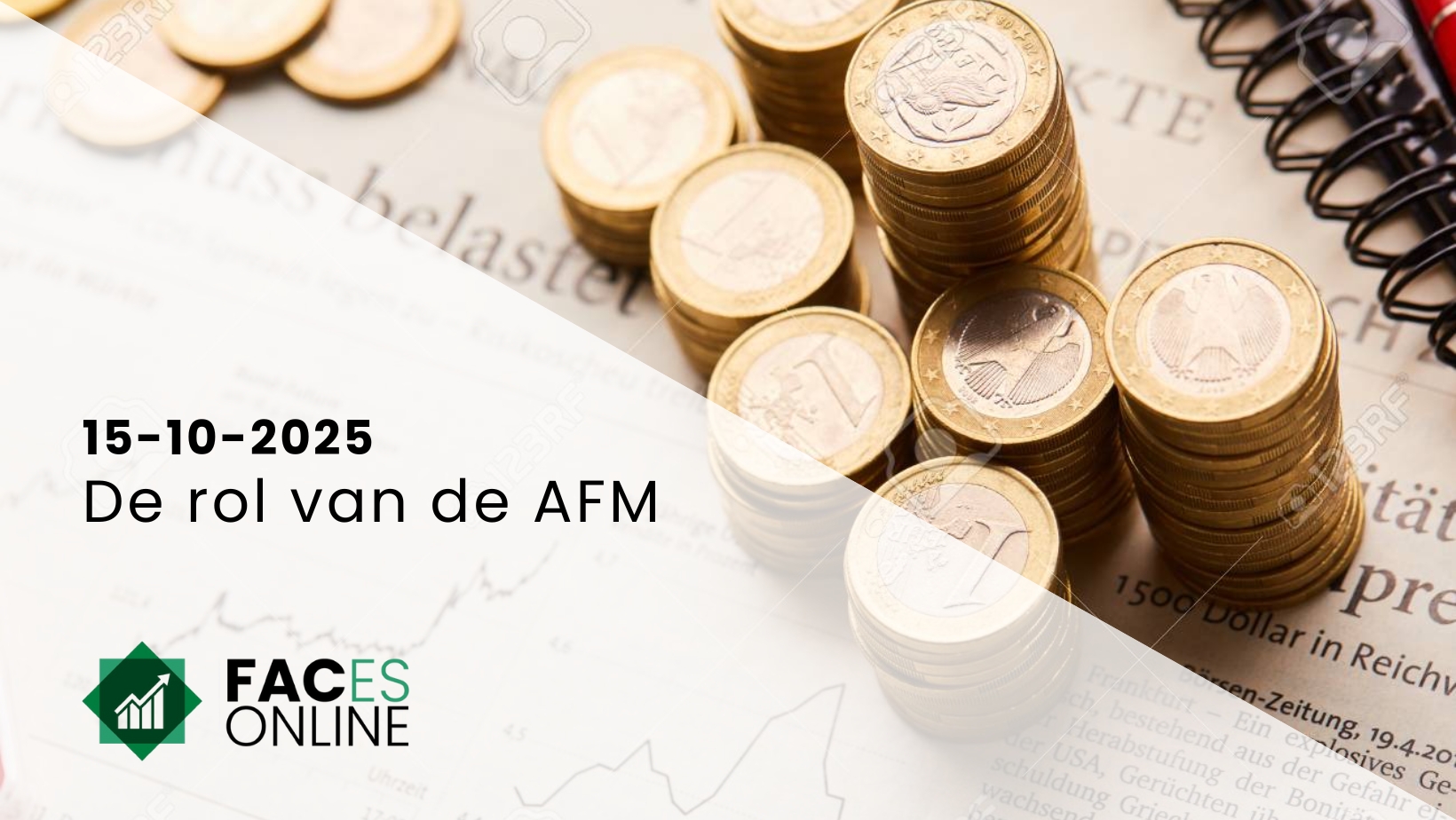De Godfather van de neo-klassieke economie, en al helemaal van finance, is zonder twijfel Adam Smith (1723-1790). In 1776 schreef deze Schotse econoom en filosoof “Wealth of Nations”, die breed wordt gezien als de geboorte van de moderne economie. Andersom, wanneer een econoom een historische quote nodig heeft, kan Smith er altijd één verschaffen, aangezien economie in de achttiende eeuw essayistisch en nog niet wiskundig was.
Het probleem met het laatstgenoemde is niet zo zeer dat Smith meer geciteerd wordt dan gelezen, maar dat hij selectief geciteerd wordt. Want hoewel hij zeker kan worden gezien als een Godfather van de orthodoxe neo-klassieke economie, hij was ook een heterodoxe, kritische econoom in meerdere opzichten; hij omarmde de markten zeker niet voor zover zijn bekendste citaten suggereren.
Waarschijnlijk is zijn bekendste quote de volgende: “It is not from the benevolence of the butcher, the brewer, or the baker that we expect our dinner, but from their regard to their own self-interest. We address ourselves not to their humanity but to their self-love, and never talk to them of our own necessities, but of their advantages.” Dit citaat wordt gebruikt om het egocentrisme van de mensen te beschrijven en daarmee het beste allocatie mechanisme om de markten te motiveren.
Smith erkende echter dat markten snel een monopolie konden worden: “People of the same trade seldom meet together, even for merriment and diversion, but the conversation ends in a conspiracy against the public, or in some contrivance to raise prices. (..) But though the law cannot hinder people of the same trade from sometimes assembling together, it ought to do nothing to facilitate such assemblies; much less to render them necessary”. Deze les is helaas tegenwoordig niet geleerd, aangezien grote banken samenwerken in het lobby-organisaties. Die lobby-organisaties worden vervolgens meer dan welkom worden geheten door politici en toezichthouders om namens de gehele sector te spreken.
Het laatstgenoemde suggereert dat de staat geen neutrale scheidsrechter is die het algemeen belang behartigd, maar zich in plaats daarvan richt op speciale belangen. Smith stelt immers dat: “Civil government, so far as it is instituted for the security of property, is in reality instituted for the defense of the rich against the poor, or of those who have some property against those who have none at all.”
En ongelijkheid is op zijn beurt sterk verweven met privé-eigendom, of zoals Smith veronderstelt: “Wherever there is great property there is great inequality. For one very rich man there must be at least five hundred poor, and the affluence of the few supposes the indigence of the many.”
Hoewel Smith waarschijnlijk op de eerste plaats eigendom van de feodale adel in het achterhoofd had, was dit de voorloper van Piketty’s bevinding dat kapitalisme ongelijkheid vergroot. Dit maakt Smith echter geen links-progressieve (een term die hedendaags toch een andere betekenis heeft dan in die tijd), maar het bewijst dat hij geen neoliberale econoom avant la lettre was. Feitelijk was Smith niet eens altijd zeker over het egocentrisme van de mensen. In 1759 schreef hij in de “Theory of Moral Sentiments”: “How selfish soever man may be supposed, there are evidently some principles in his nature, which interest him in the fortune of others, and render their happiness necessary to him, though he derives nothing from it, except the pleasure of seeing it.”


















